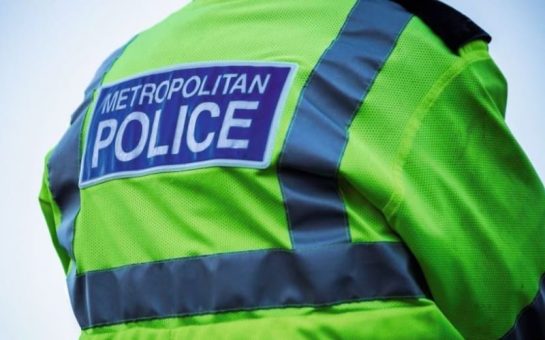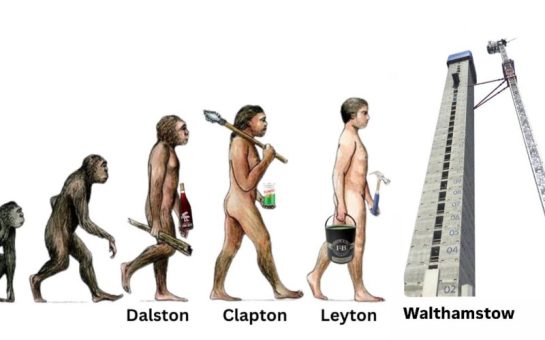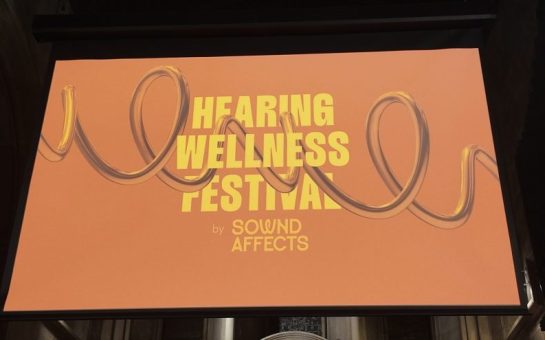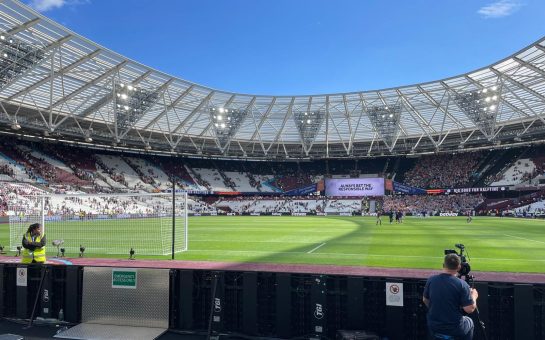Delays to police officers attending the most urgent 999 calls are putting London’s crime victims at risk, a charity has warned.
Providing confidential support to individuals affected by crime, Victim Support said slow response times to emergency callouts can compromise victim safety and even risk a lack of trust in the justice system as a whole.
It comes as figures released by the Mayor of London last month revealed the number of work days lost to mental health issues among Metropolitan Police officers has increased by 30% over the last four years.
Between 2018-22, more than 106,412 working days were lost to issues such as stress and anxiety, with police officers alone accounting for 78,859 days in 2021-22.
Deputy services director for London’s Victim Support, Claire Rai, said: “Slow response times can compromise victim safety, or mean that crucial evidence isn’t collected, potentially making a charge or conviction less likely further down the line.
“As a result, victims may lose faith in the wider criminal justice system. If the police take too long to attend a call, victims feel that their safety is not a priority. This can potentially make them question whether reporting to the police is worth it.”
According to Freedom of Information figures obtained from the Metropolitan Police, officers took more than 15 minutes to respond to 194,138 ‘I’ graded calls between 2019 and 2022, with 38,376 incidents receiving a delayed response in the seven months up to July.
Requiring a response within a target of 12 minutes, calls graded as ‘I’ or ‘Immediate’ are classified as high urgency and are assessed on the potential danger to life and whether there is a threat of use or immediate use of violence.
Additionally, the average response for ‘S’ graded 999 calls, which have a 60-minute response target, was nearly two and a half hours in the first seven months of 2022.
Covering incidents such as road traffic collisions, hate crimes and burglaries, victims making ‘S’ graded 999 calls were forced to wait more than 140 minutes to respond on average, a 61% increase from the average of 86.6 minutes in 2019.
Chairman of the Metropolitan Police Federation, Ken Marsh, said: “Poor mental health among officers has gone through the roof because colleagues are being worked to the bone and don’t have a chance to refuel and reassess.
“This is when the fatigue sets in and with the large numbers of officers that are leaving the force each month, the pressure on them as individuals is becoming huge, especially as we have a much younger workforce.
“I take my hat off to members of the public because they should be treated better and given a better service, but unfortunately this government hasn’t been honest and has eroded the office of constable to the point that I can’t see how we come back from this without a cash injection.
“There needs to be a review into everything to do with policing, especially in how we recruit because we need to pay people properly if we want the best individuals in the role to reassure the public.”
Meanwhile, according to national data, police forces across England and Wales failed to meet their targets of answering 90% of 999 calls within 10 seconds, with the Metropolitan Police answering 70% of emergency calls within 10 seconds between November 2021 and April 2022.
Rai added: “When it comes to emergency calls, minutes and seconds matter. This is particularly true for victims of violent crime, where quicker response times could mean the prevention of serious harm.
“Experiencing less violent crimes, like burglary, can seriously undermine victims’ sense of safety and security. Victims can be left feeling as though they don’t matter, and their trust in the police, and the wider justice system could be seriously damaged.
“We acknowledge that the police face huge pressures, with limited resources, and want to see the government invest across the entire criminal justice system to improve the standard of service and care for victims of crime.”
A spokesperson for the Mayor of London, said: “Sadiq Khan continues to lead from the front by being tough on crime and tough on its complex causes to build a safer London for everyone.
“The overwhelming majority of emergency calls in London to police are responded to within national target times – but more needs to be done to further improve the service provided to Londoners.
“This is why the Mayor continues to invest record amounts in policing to ensure more officers are available locally to respond to calls, support victims and keep communities safe.”
A spokesperson for the Metropolitan Police, said: “Call operators are required to work at a high technical level in a time-sensitive role. Every day they deal with situations unfolding which can worsen by the minute, and their valuable time and skills are essential in these instances. Lives are saved because of them.
“That said, we are never complacent in the Met, we know there is more we can do to answer those calls within our target time of ten seconds. We know that in an emergency every second is crucial.
“We are investing in our technology by replacing our current call handling system with a new system which will help our call handlers to better manage contact with the public.
“There has been a large demand on our frontline resources in response to protest activity relating to Extinction Rebellion, Just Stop Oil, and other pressure groups.
“The Commissioner has already spoken publicly about the demands and pressures on the police that will allow us to focus on our core function, and is actively working with partner agencies and local and central government to work through solutions to these issues.”
Featured image credit: tbz.foto via Flickr under Creative Commons License BY-NC-ND 2.0





Join the discussion